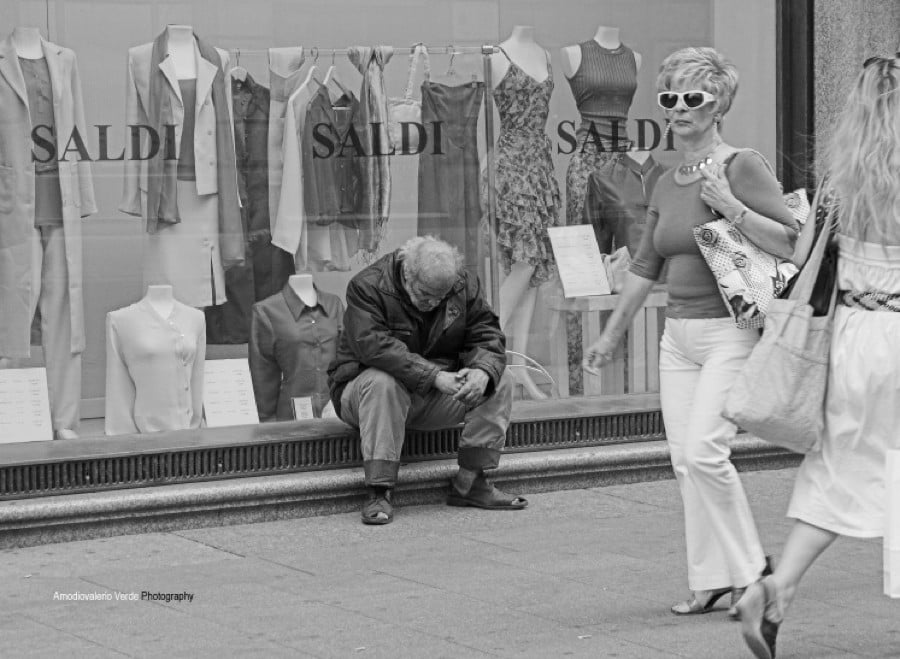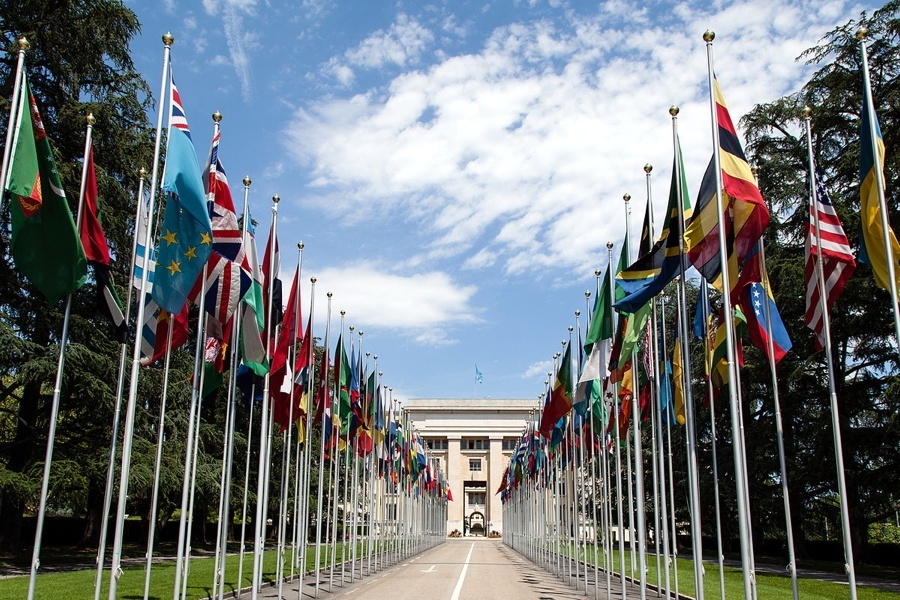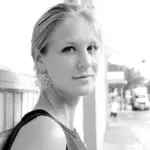Down With Extreme Class Separation

Image Source: Flickr
“The modern bourgeois society that has sprouted from the ruins of feudal society has not done away with class antagonisms. It has but established new classes, new conditions of oppression, new forms of struggle in place of the old ones…Society as a whole is more and more splitting up into two great hostile camps, into two great classes directly facing each other — bourgeoisie and proletariat.”
Almost certainly the most widely understood takeaway of The Communist Manifesto was that classism was fatally corrupting both government and society. In Marx’s time, the gap between the elite and the general population was growing as the middle class began to disappear.
We can see similar conditions today. A huge crater has developed between the wealthy, powerful few and the rest of society: In America, the poorest 20% of the population accounts for 3.1% of the total income earned annually while the richest 20% of the population accounts for 51.4%.
Go Global

Image Source: Wikimedia Commons
“In place of the old local and national seclusion and self-sufficiency, we have intercourse in every direction, universal inter-dependence of nations. And as in material, so also in intellectual production. The intellectual creations of individual nations become common property. National one-sidedness and narrow-mindedness become more and more impossible, and from the numerous national and local literatures, there arises a world literature.”
Even in the 1800s, before this belief was commonly held, Marx could see that it was impossible for nations to exist in isolation from one another. He theorized that international politics and a global economy were inevitable.
Today, of course, we take globalism for granted. We buy products made in China with help from customer service reps in India, who work for websites whose operation centers are so scattered across the globe that you can hardly say where they’re actually “based.”





